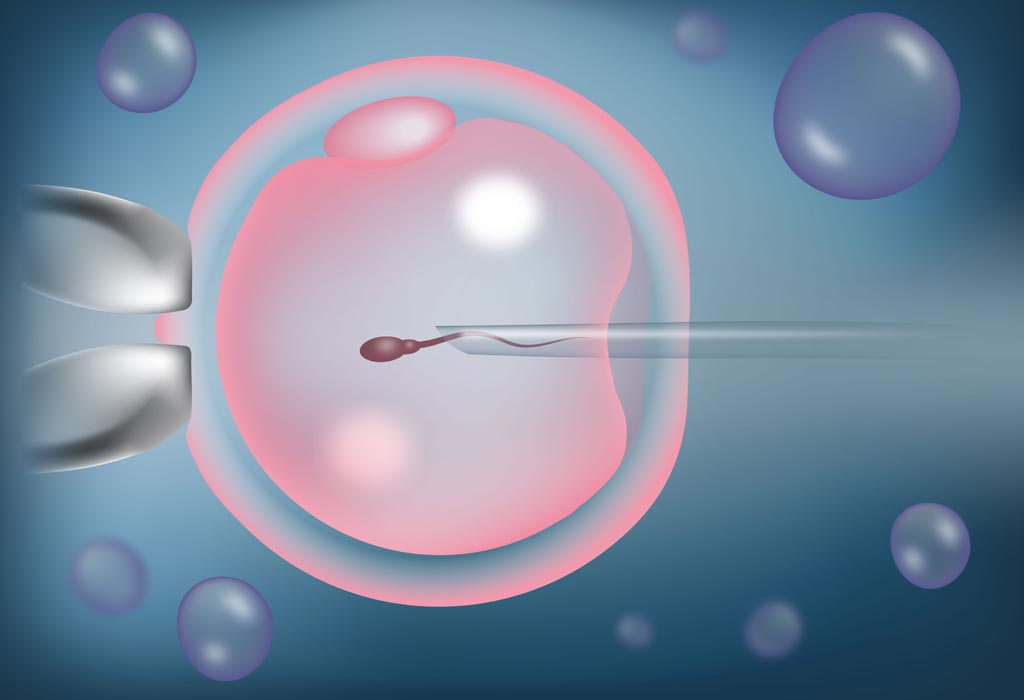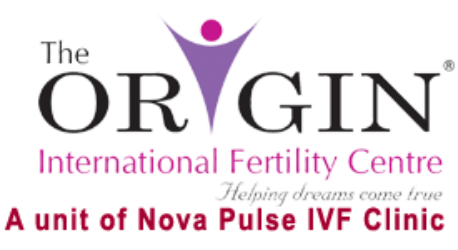Intra-Cytoplasmic Sperm Injection
Intra-Cytoplasmic Sperm Injection (ICSI) is one of the advancements in Assisted Reproductive Technology and the most widely accepted choice of treatment for male factor infertility. This procedure is usually done when the sperm parameters are not suitable for standard IVF. This also helps to circumvent the barriers like the outer covering of the egg (Zonapellucida and ooplasmic membrane).
ICSI treatment cycle is almost same as the Standard IVF treatment cycle, which involves stimulation of the ovaries to encourage development and maturation of eggs, egg retrieval, fertilization and culture of embryos followed by embryo transfer. In the standard IVF cycle, the egg and sperm are mixed in petri-dish and allow them to fertilize spontaneously. But in ICSI, a single sperm is manually injected into the egg using sophisticated microscopic manipulation equipment.

Candidates for ICSI:
- Low sperm count
- Low or no sperm movement (motility)
- A large number of abnormal sperm
- High levels of antibodies in semen sample
- In surgically retrieved sperm from epididymis (MESA/PESA) or testis (TESA/TESE)
Fertilization failure after standard IVF
